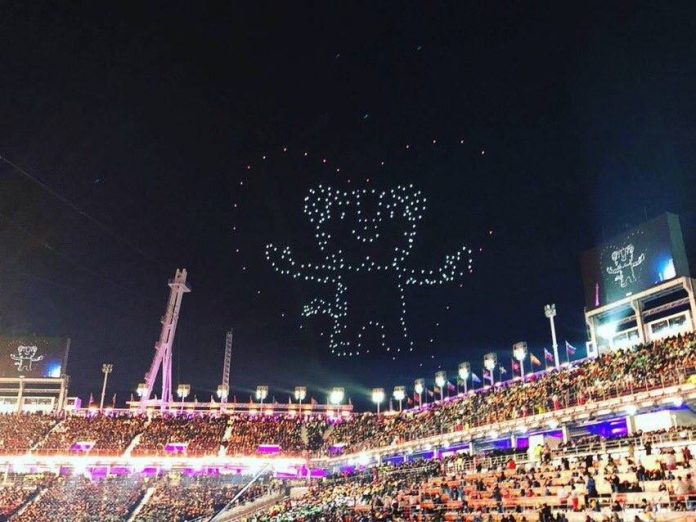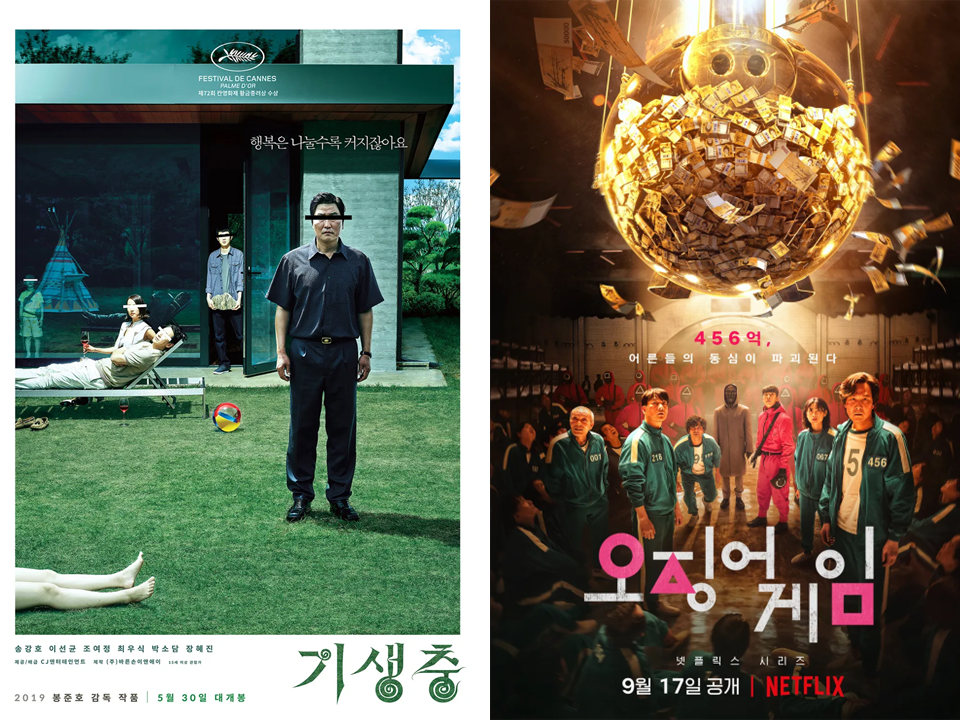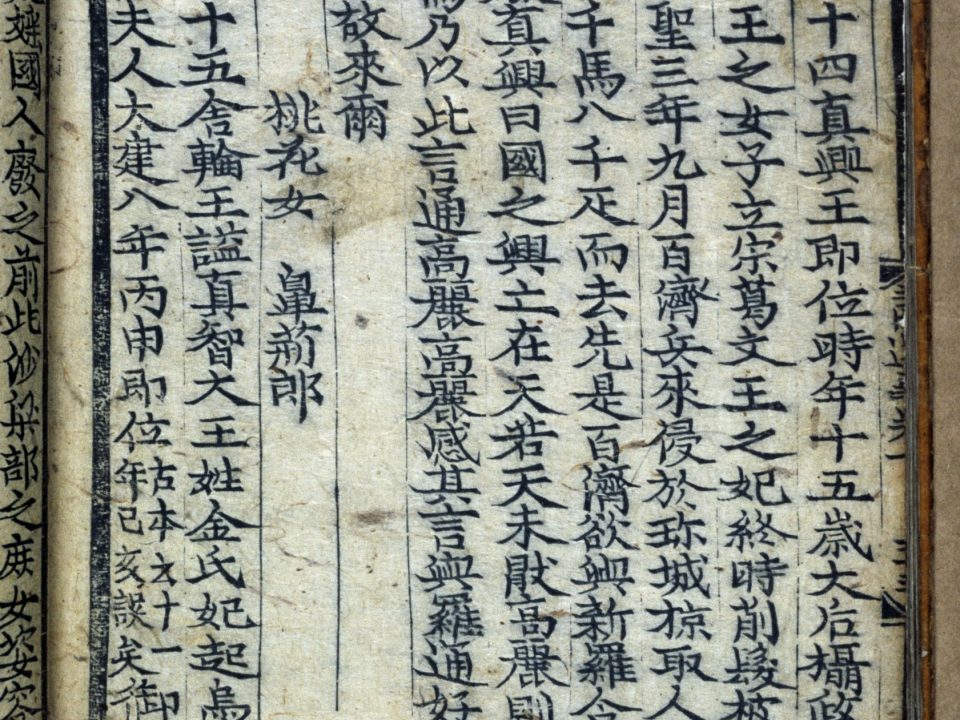South Korea and the PyeongChang Olympic Games: Rising Power No More

산둥에서 떠오르는 동아시아를 보다
2021년 5월 31일
시진핑 시대 중국 공산당의 집단영도체제는 어디로 가고 있나?
2021년 5월 31일2018 평창 동계 올림픽은 한국이 더이상 개발도상국이 아니며, 명실공히 발전한 국가임을 보여주는 계기가 되었고, 그에 따라 한국 정부는 평창 올림픽을 경제적, 문화적, 그리고 정치적 목적으로 이용하는 계기로 삼았다. 경제적으로는 한국을 그 어떤 나라보다도 현대적이며 기술적으로 발전된 나라임을 주지하고, 문화적으로는 케이팝을 비롯한 한국의 현대 문화를 널리 알리며, 정치적으로는 남북한 관계의 돌파구를 찾는 계기를 마련한 것이다. 이와 같은 세 가지 요인들은 평창 동계 올림픽을 한국이 비단 경제 개발 및 전통 문화를 알리는 데 주력하였던 1988년 서울 올림픽과 구분짓게 하였다. 또한 2018년 평창 올림픽을 기점으로 2020년 도쿄 하계 올림픽, 2022년 베이징 올림픽에 이어지는 세 차례의 동북아시아 권 내 올림픽 개최의 첫 발을 끊음으로써, 세계적 차원에서의 구심점 이동이 이루어짐을 천명하였다. 일본과 중국 또한 한국이 한 것과 마찬가지로, 올림픽을 단순한 국제 스포츠 행사를 넘어 경제력, 문화력, 정치력의 중심이 동북아로 집중되고 있음을 증명하는 계기로 만들 가능성이 농후하다.
The PyeongChang 2018 Winter Olympic Games served South Korea to show that it is not a rising power anymore – rather, it is a firmly established developed country. Thus, the South Korean government used the Games for economic, cultural and political purposes. In the area of economics, Seoul focused on showcasing South Korea as one of the most modern and technologically advanced countries in the world. Regarding the cultural dimension of the Games, the government promoted contemporary South Korean culture including K-Pop. As for politics, the Games were used to foster inter-Korean rapprochement. This made the PyeongChang Games different from the Seoul 1988 Games, which South Korea used as a coming out party to emphasise its economic development and traditional culture. With the PyeongChang Games opening a trio of Olympic Games to be held in Northeast Asia – Tokyo 2020 and Beijing 2022 will follow – the Games also showed that there has been a shift in power at the global level. Japan and China are likely to use their Games as South Korea just did, offering proof that economic, cultural and political power has moved towards this part of the world.
South Korea and the PyeongChang Olympic Games: Rising Power No More




